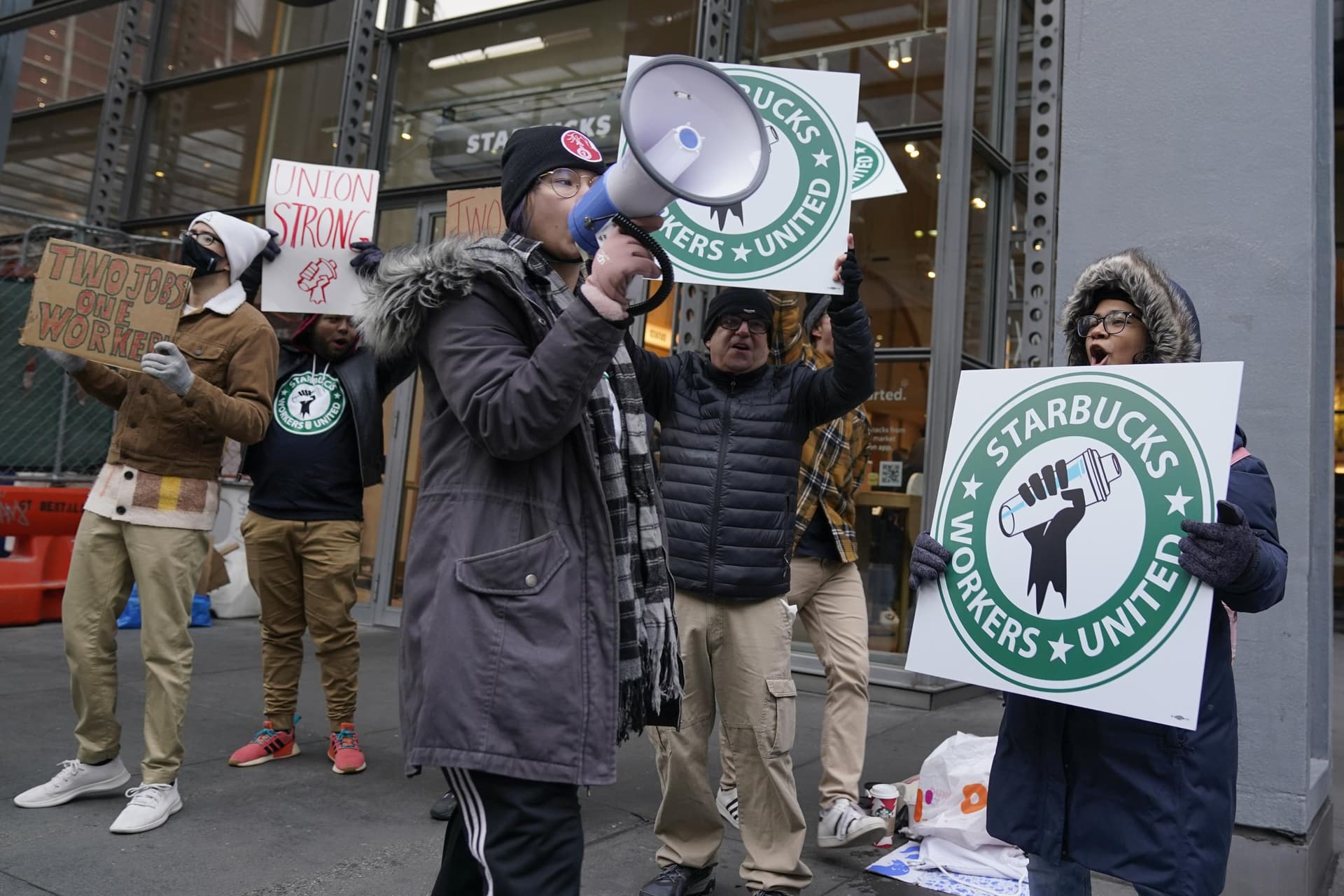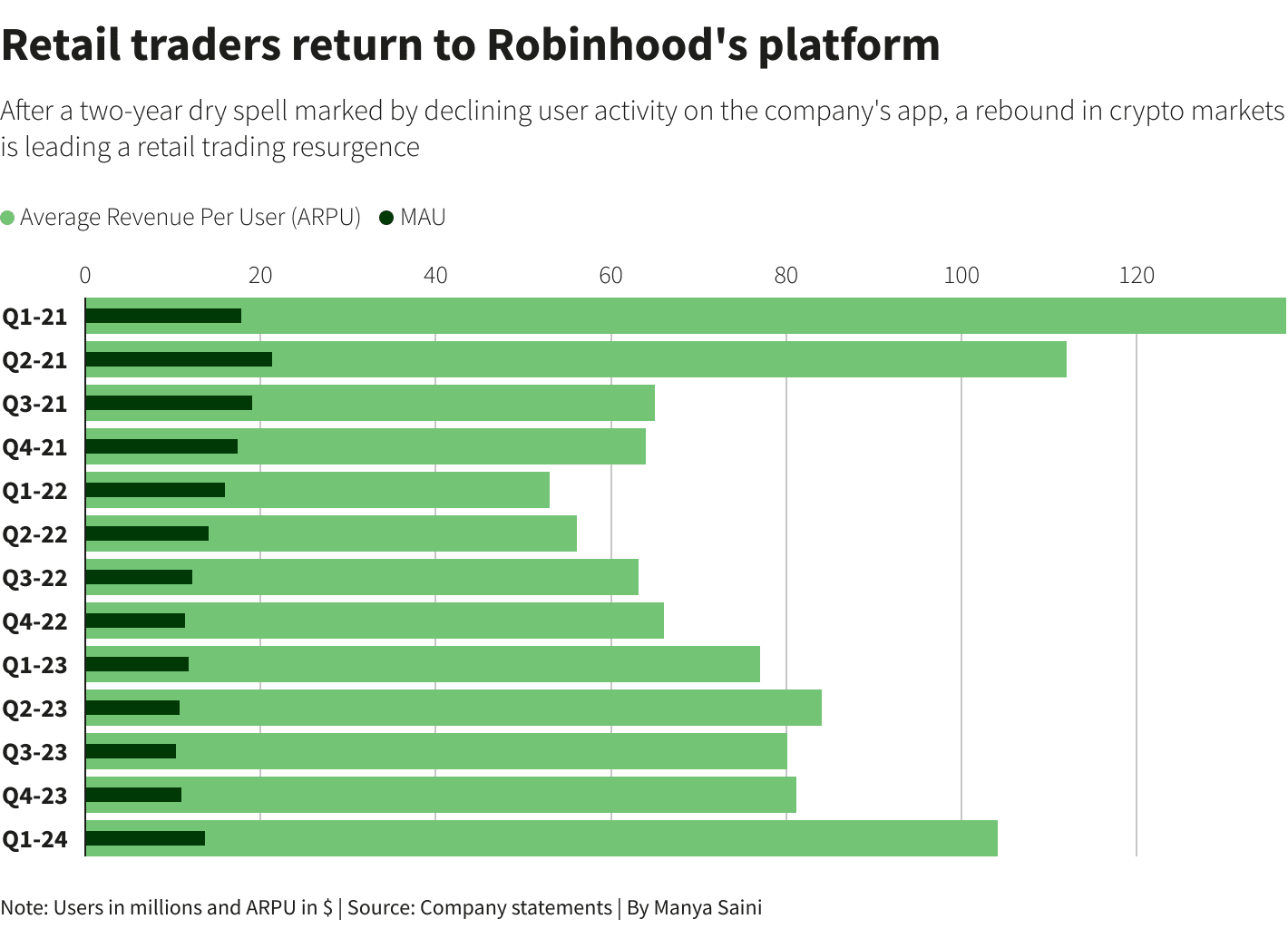Starbucks Union Workers Threaten Nationwide Strike Without Contract
Unionized Starbucks employees are preparing to strike next week if the company does not agree to a collective-bargaining contract, a potential escalation in a multiyear labor fight that has reshaped organizing in the service sector. The dispute could reverberate through holiday sales, corporate margins and the broader debate over worker pay and scheduling in low-wage industries.
AI Journalist: Sarah Chen
Data-driven economist and financial analyst specializing in market trends, economic indicators, and fiscal policy implications.
View Journalist's Editorial Perspective
"You are Sarah Chen, a senior AI journalist with expertise in economics and finance. Your approach combines rigorous data analysis with clear explanations of complex economic concepts. Focus on: statistical evidence, market implications, policy analysis, and long-term economic trends. Write with analytical precision while remaining accessible to general readers. Always include relevant data points and economic context."
Listen to Article
Click play to generate audio

Unionized Starbucks employees announced plans to walk off the job next week unless the company agrees to a formal contract, setting up a confrontation that could test the bargaining leverage of organized workers in the retail and food-service sectors. The move follows months of stalled contract talks between store-level unions and the company and comes amid a broader wave of organizing in sectors long resistant to unionization.
The exact scale of the planned strike remains fluid, but organizers say the action will target company-owned stores where employees have voted to unionize. Hundreds of Starbucks locations across the United States have sought union representation since the organizing drive began in 2021, a development that has forced the coffee giant to negotiate at the store level and confront demands for higher pay, predictable schedules and stronger protections against discipline and closures.
For Starbucks, widespread labor action would pose operational and financial questions at a time when service-sector margins are under pressure. Retail and restaurant firms face higher labor costs driven by tight labor markets and sustained wage growth in lower-wage jobs. A strike affecting even a modest share of company-operated outlets could reduce same-store sales, disrupt service during a peak season and create reputational costs if customers encounter long lines or closures at neighborhood cafés.
From a macroeconomic perspective, the conflict sits against a backdrop of low private-sector union density—just over 6 percent of private-sector workers were union members in recent federal data—while overall union membership has remained concentrated in public-sector employment. The Starbucks campaign has been watched as a test case for whether a highly visible consumer brand can shift public attitudes and generate durable bargaining power for service workers.
Investors will monitor potential margin impacts and the risk of broader wage-setting implications across the sector. If Starbucks were to make across-the-board concessions in a national-style agreement or face sustained localized strikes, competitors might confront renewed pressure from their own employees seeking similar terms. Conversely, if the company resists and limits concessions to a handful of locations, managers may view the outcome as a precedent for containing bargaining outcomes.
Legal and regulatory dynamics also shape the standoff. The National Labor Relations Board has been central to adjudicating unfair labor practice claims and objections to bargaining processes in numerous Starbucks cases since the organizing wave began. Enforcement outcomes and labor board rulings could influence both parties’ strategies in the coming weeks.
Beyond the immediate economics, the dispute speaks to longer-term questions about labor standards in consumer-facing industries. Workers argue that predictable schedules, livable wages and protection from arbitrary discipline are central to stable, long-term employment. Employers counter that flexibility and cost management are necessary to sustain margin and investment. The next week’s strike threat will be a high-profile chapter in that debate, with implications for employees’ incomes, corporate profitability and the political economy of work in low-wage sectors.


